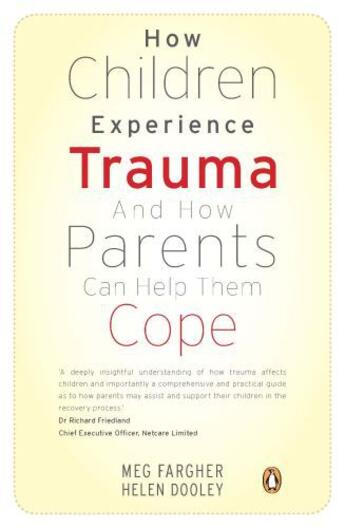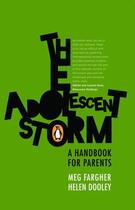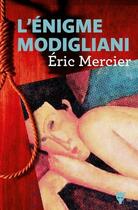-
Nombre de pages : (-)
-
Collection :
(-)
-
Genre :
(-)
-
Thème :
Non attribué
-
Prix littéraire(s) :
(-)
Résumé:
For a parent, there are few things more frightening than the thought of one's child or a close family member becoming the victim of trauma. How do I help them cope? Can I help them cope? What if I'm not even able to cope myself? These are some of the automatic responses that could flash through... Voir plus
For a parent, there are few things more frightening than the thought of one's child or a close family member becoming the victim of trauma. How do I help them cope? Can I help them cope? What if I'm not even able to cope myself? These are some of the automatic responses that could flash through a parent's mind at the prospect of having to deal with an unexpected, painful or traumatic experience, or with the fear or threat of such trauma becoming a reality. These experiences can be damaging and life-changing on many levels, and in many societies they have indeed become an everyday reality. The chapters in How Children Experience Trauma And How Parents Can Help Them Cope address a number of different types of trauma and they offer sound and tested advice on each one. Among others, they deal with trauma related to crime, to accidents, untimely death and devastating loss. They cover peer group and relationship issues, including bullying and abuse, and each one presents a number of illustrative case studies to help parents relate to and understand what they and their children might be experiencing internally. The authors explain some typical emotional and physiological reactions that may arise during, immediately after and some time after the trauma. They provide parents and caregivers with the theoretical as well as some practical tools to guide their children (and themselves) towards recovery and healing. All trauma, although accompanied by loss - often terrifying and terrible loss - gives us an opportunity to put life into perspective, encourages us to evaluate relationships and possibly to shed that which is toxic or unhelpful and to retain that which is healthy. By presenting the theory and examining the therapeutic options available, Meg Fargher and Helen Dooley draw on their extensive training and experience in this field to help parents and children access the resilience that is part of every human being, allowing them to heal and move on - different but potentially stronger.
Donner votre avis















